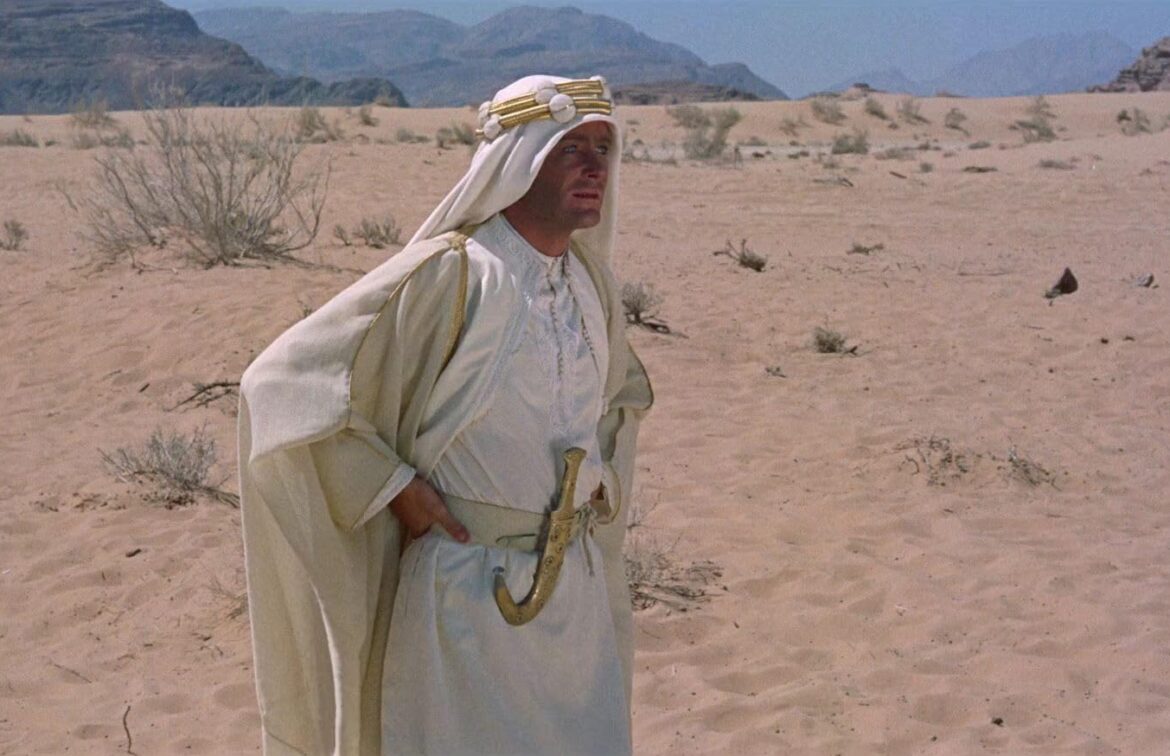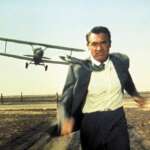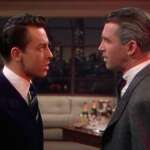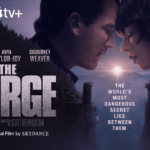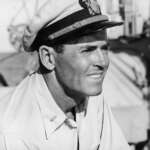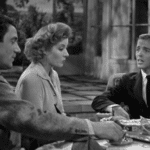When I first watched Lawrence of Arabia, I was in my early teens and I think I was swept away largely by the beautiful desert vistas, the incredible shots and scenes throughout, and in my mind I remember thinking of it more as an action figure with a Indiana Jones-like figure in O’Toole. Now nearly fourty as I rewatched the film for the first time on the big screen, thanks to Fathom Events, I recognized Lawrence as a tragic figure, whos undoing was as much his own as was his mythmaking.
Lawrence’s tragic arc, and his selfish, cavalier attitude, is actually represented perfectly by the opening scene of the film. In it, we see Lawrence get on a motorbike and go off speeding into the country with little care for himself nor what’s around him. After nearly careeing into two young passersby, he is launched from his bike and off-screen he dies. This isn’t a hero’s death, but Lawrence is no easy hero to reckon with afterall. Even in the eyes of the British who might want him to be one. Further complicating Lawrence’s own self-mythologized legacy the film, recognizing the complicated legacy of Lawrence, sets the next scene at his funeral where a journalist interviews those who knew him and knew of him. There is no one picture that is solidified of the man, which feels true to today and to this film which purports to show a version of Lawrence – based largely on Lawrence’s own writings; however, hopefully no one assumes it to be the verified truth.
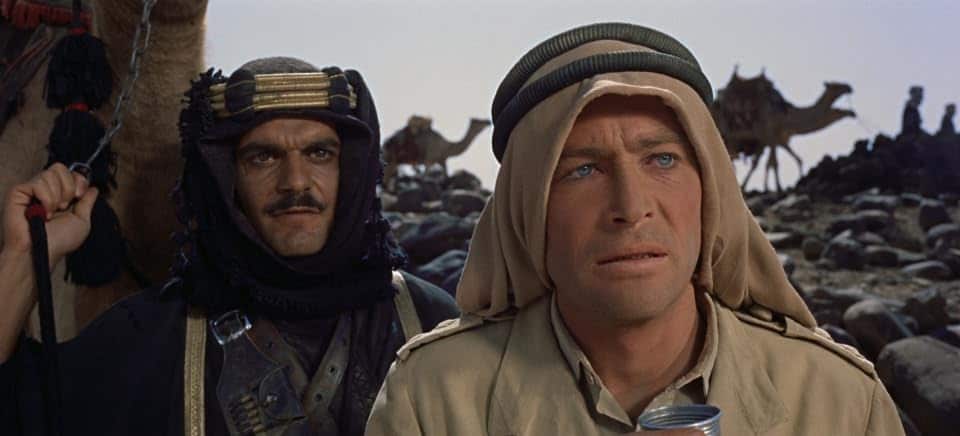
Omar Sharif and Peter O’Toole in Lawrence of Arabia
As the film is screened in two parts, with an intermission in between, it feels appropriate that part one feels as if it’s the making of a myth, and part two its dissolution. At the start we get O’Toole’s Lawrence who to his superiors is quite poor at the lowly job he has; yet, he believes he can make something of himself as many a young man might if he’s given the chance at war. Though Lawrence is yet to see combat, he has the sureness and optimism of a man who already has become legend. This is why in the film it seems he’s able to survive the hardships of the desert, win over his bedouin comrades, and prove himself time and time again as a leader. Lawrence is recognized for his accomplishments by recceiving a traditional tunic and headcloth. and in an iconic scene he then takes time to admire himself in his dagger, a choice O’Toole said, in the intro to our screening, was given praise from director David Lean as “clever.” If you were to stop the film here, you might have the hero the British wanted, and adopted after Lawrence’s success, and it might be an inspiring story.
Lawrence’s legacy is more complicated; however, and it’s a credit to the filmmakers that they go deeper. By including Lawrence’s time at the Turkish prison, a time where Lawrence’s own belief in his “messiah”-like stature set him up for perhaps his greatest fall, we are seen Lawrence is more man than myth. We also continue to see how Lawrence’s own version of “playing cowboy” continually puts him not just in the path of violence but also at the forefront, as Lawrence swings from revulsion of violence to love of violence and back again. Lawrence much like the audience no longer knows who he is, and so his legacy goes up until today many years since the film’s release and even many years longer since Lawrence’s death.
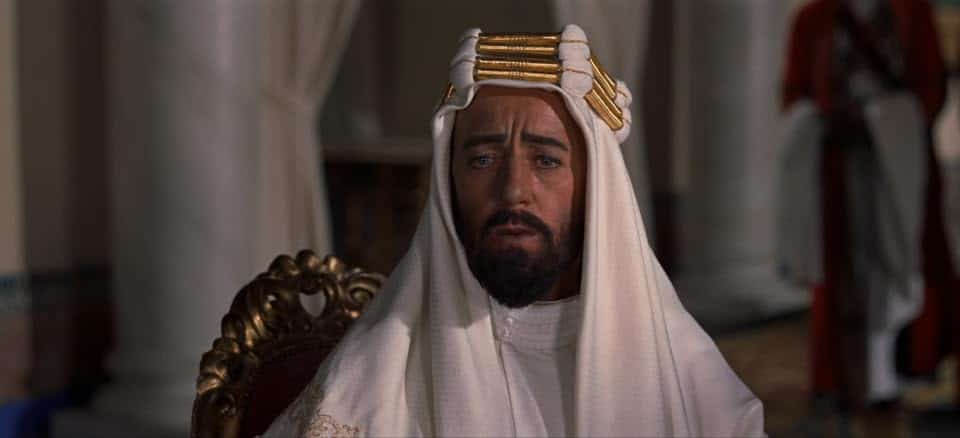
Alec Guiness in Lawrence of Arabia
Though Lawrence’s own questionable legacy no longer holds up in my eyes, the film in many ways still does. Of course the beautiful scenes and vistas shot captured by cinematographer Freddie Young captivate even more on the big screen, and O’Toole’s performance is star making to be sure. But I was perhaps more impressed this time too by the supporting actors, Alec Guiness and Omar Sharif in particular, even though the use of brownface will never not feel icky. My only issue I did find this time is that one or two scenes felt a bit unnessecary, where Lean decided to show and tell when one or the other would be fine. Still even with the long runtime, the remaining shots largely all feel nessecary to the story. With a complex story as this it feels right to live in it for a time, and I think the long runtime allows us the chance to grasp a bit more of the complexity of not just Lawrence, or the English military leaders – who tried to have it both ways with their promises and reneging – but just the larger war in general.
This is partially why I think Lawrence of Arabia has continued to stand the test of time as a film. If it were merely a vehicle for heaping praise on Lawrence, or the English military campaigns in the Middle East, it’d have been dated long ago. However, even though it’s not history as writ by any means, it at least interrogates Lawrence, and the violence he wrought, in a manner that was forward at the time, and continues to be so. Perhaps now twenty years from now I’ll feel differently; however, time will tell.
